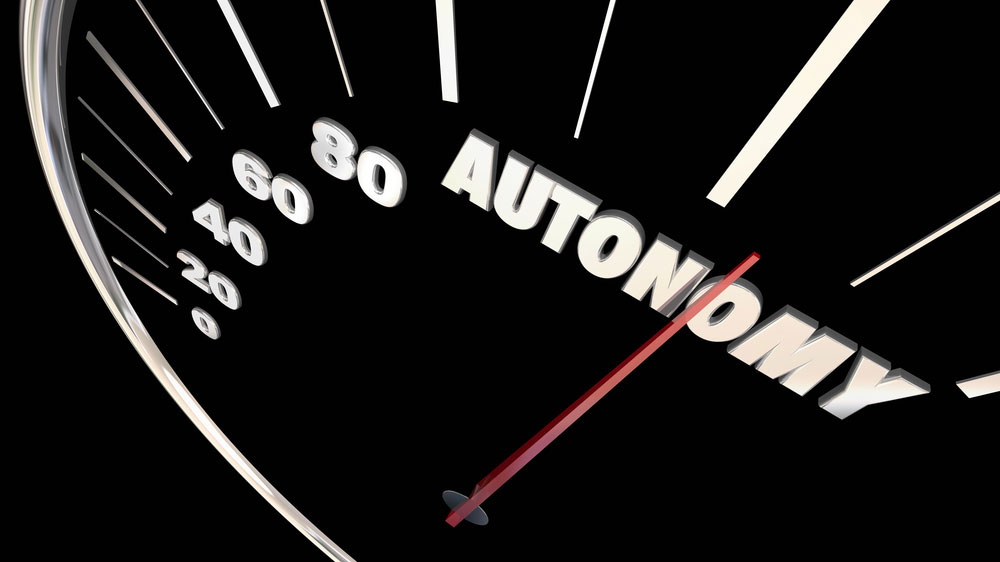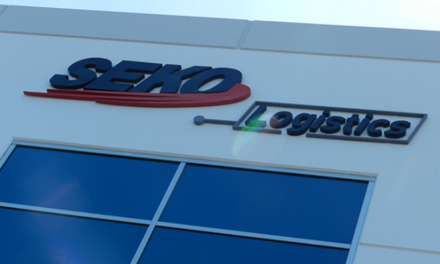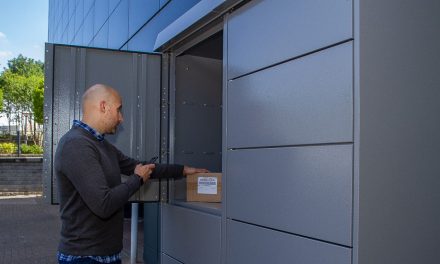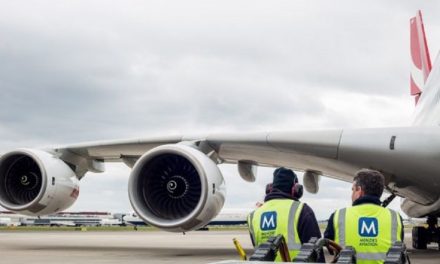
Getting ready for the autonomous future

In a blog post published today (12 December), DHL Chief Commercial Officer Bill Meahl has argued that “a fully autonomous future is likely further away than some think” – but we still “need to be thinking about an autonomous future now”.
While full autonomy may be far into the future, Meahl’s blog shows that the journey has begun and some important steps have already been taken. Indeed, Meahl references DHL’s own steps on this journey – which include its recent decision to order Tesla trucks, its work on platooning in the UK, and the announcement that its Streetscooter subsidiary will be working with AI computing company NVIDIA and ZF to develop and test autonomous delivery vehicles.
Like many others in the industry, Meahl expects to see autonomy arriving on an incremental basis – as a technology that will complement, rather than complete replace, the human element in the logistics industry.
“Autonomous technology will make [drivers’] jobs easier and safer, which may keep many on the job longer,” wrote Meahl. “The autopilot will take over things like acceleration, braking, lane-centering, and adaptive cruise control and react instantly in certain traffic situations. Truckers will of course have to monitor all of this and remain alert – something I don’t see changing any time in the foreseeable future.”
Meahl expanded on how the technology can increase drivers’ efficiency.
“Well before we witness driverless trucks cannonballing across America’s Midwestern plains,” said Meahl, “I predict we’re going to see truck convoys ‘platooning’ through the interstate highway system at an unprecedented level of safety and efficiency.
“Platooning involves a convoy of multiple trucks that use sensors, radar and vehicle-to-vehicle communications to basically operate as a single unit. By following closely behind a lead truck, the “truck train” takes advantage of drafting, which reduces fuel consumption. The technology has the potential to enable a single driver to comfortably command an entire platoon of trucks.”
Meahl concluded: “Artificial intelligence may never supplant human intelligence in the cabs of our industry, but it will help improve driver performance – and if leveraged properly, it has the potential to make their jobs easier and safer.”












